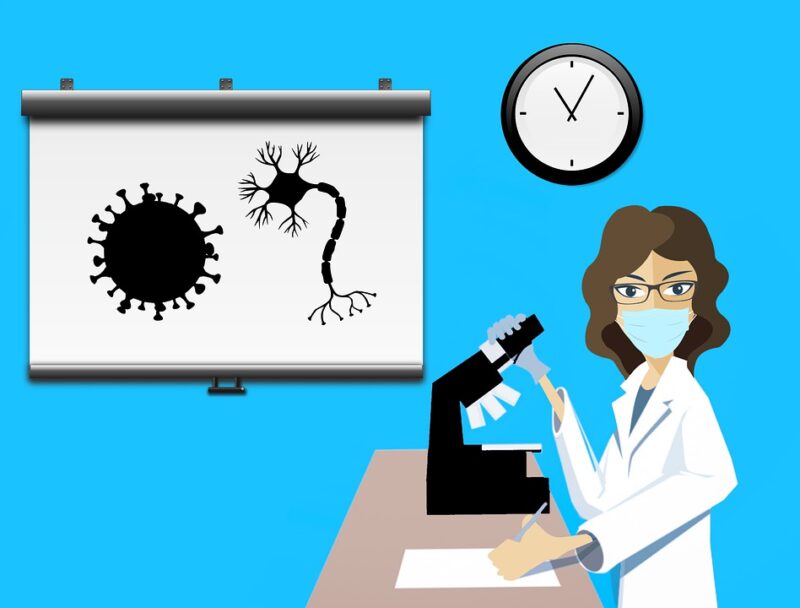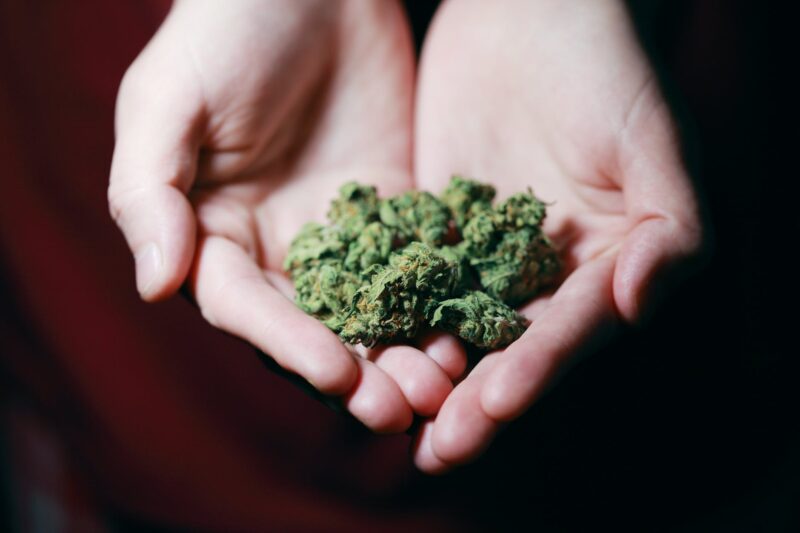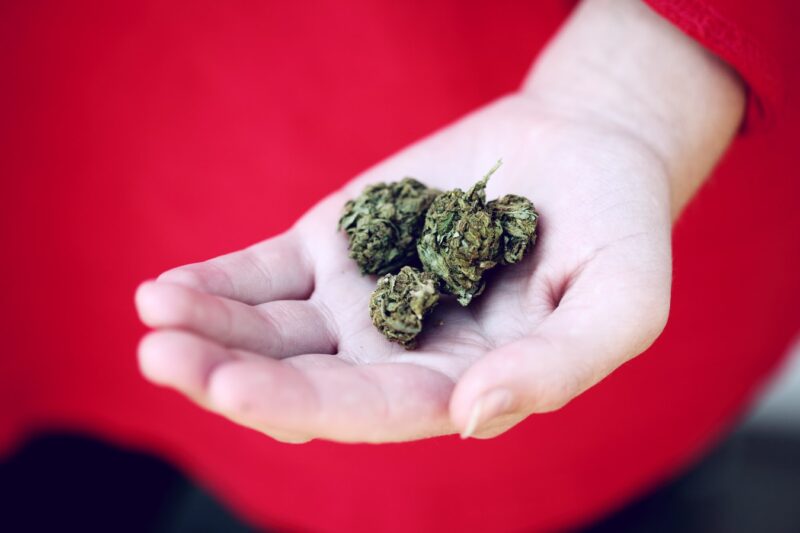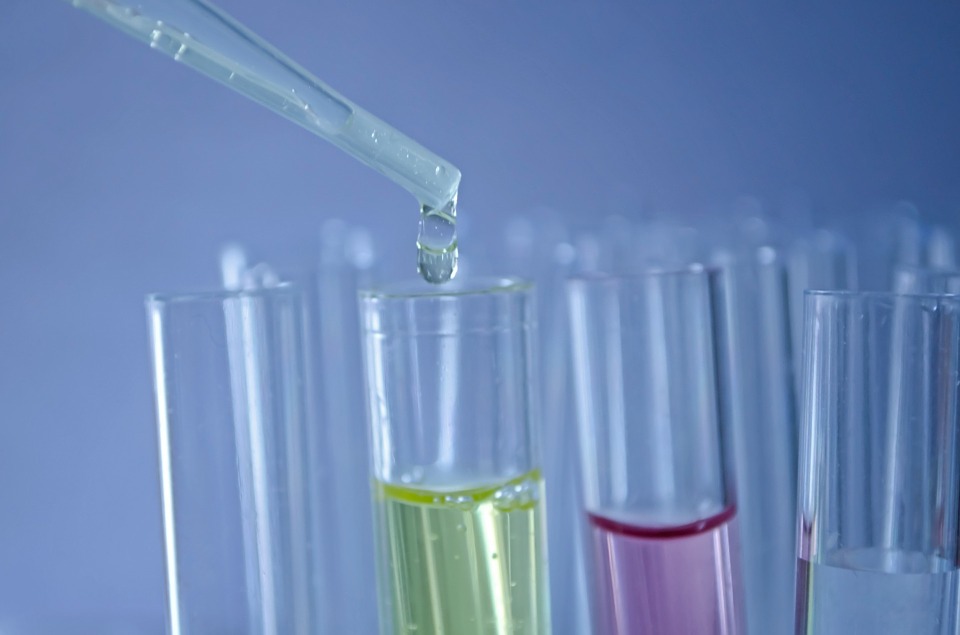Professional athletes follow strict diets, exercise regimens, and game-play rules. Most athletes also have to be careful when it comes to what they do during their free time. The majority of professional athletic leagues are required to take a drug testing kit; ultimately, screening for performance-enhancing and street/recreational drugs.
While the drug testing athletes’ practice has gone unquestioned for decades, the decriminalization and legalization of recreational drugs like cannabis have raised questions regarding the ethics of the tradition.
Why Are Athletes Drug Tested?
The purpose of drug testing athletes boils down to two fundamental points. First, to promote fairness and prevent cheating. Second, to encourage safety and hold athletes accountable. Professional athletes must perform without the help of performance-enhancing drugs or banned substances that may give them an upper-hand in their sport.
Additionally, these athletes are required to protect themselves, their safety, and their health to perform at their natural best. The purpose of drug testing athletes is to determine whether they have met these standards or neglect their responsibilities.

Can An Athlete Lose Their Job for Failing a Drug Test?
An athlete who has failed a drug test will be fined and/or suspended for one or more games in most cases. Several examples of athletes struggling with addiction show they have been forced to take extended time off, lose their position, or forced to retire early. Still, none lost their jobs after a single failed drug test.
Are Student-Athletes Drug Tested?
Like professional athletes, student-athletes – in sports like football, basketball, and baseball – are drug tested to determine whether they are under the influence of a substance. Students are expected to comply with league rules regarding the use of all banned substances. They may be subject to fines, suspensions, or removal from the team for failed drug tests.
What Substances Can Drug Tests Find?
While every league has its unique testing procedures, they all follow the same basic principles and test for the same banned substances. While drug tests screen for performance-enhancing drugs that could impact the game’s outcome, most professional leagues also perform routine marijuana testing. Here are just a few substances a drug test can find:

- Androgenic steroids
- Protein and peptide hormones
- Stimulants
- Cannabis
- Masking agents
Should Athletes Be Allowed To Use Cannabis?
Although medical and recreational cannabis is legal in more than a dozen states across the U.S., many professional athletic leagues still test for marijuana during standard drug screenings. The continuation of this practice is largely due to the illegal status of cannabis at the federal level, which could leave athletes in hot legal water.
Because national athletic leagues administer the same drug tests – regardless of state laws regarding cannabis use – all players must follow the same strict guidelines. Either the league’s administration tests its players for cannabis or doesn’t test its players for cannabis. However, it’s all or nothing, maintaining the fairness between players and teams. Because cannabis remains illegal federally and in a handful of states, professional sports leagues continue to screen their players for THC.
On the other hand, medical cannabis is now legal in 34 states, with 11 (plus D.C.) having fully legalized recreational use for adults over 21. Sure, not all athletes are 21, but they also aren’t being screened for alcohol. Cannabis is becoming an everyday part of life and American culture, pushing for change to the strict guidelines forcing athletes to use cannabis in secret.
Cannabis is also well-documented as having extraordinary pain-reducing properties that can help athletes recover more quickly and manage injuries without narcotic painkillers.
Benefits of Cannabis for Athletes

The overuse of pharmaceutical painkillers is a pressing issue facing society today. But for athletes, the struggle to manage the everyday aches and pains that come with playing a sport is near impossible without medical intervention.
Cannabis is a far safer, more sustainable option to help reduce achy, sore muscles. Plus, unlike prescription painkillers, cannabis has many other health-boosting effects. Cannabis can help athletes recover more quickly, improve appetite and digestions, increase focus, and even help reduce asthma symptoms.
How Athletes Can Pass Drug Tests
Although some leagues (like the NBA) have begun to forgo testing for cannabis, many professional and student-athletes are still required to pass regular drug screenings.
While it’s not advisable to consume cannabis if you’re a member of a team where it is banned, the following techniques would help to remove traces of THC from the system before a drug test. Remember, THC can linger in the body for months, so do not rely on these techniques as a quick, overnight fix.

Avoid Toxins
If you are worried about not passing a drug test, the best thing you can do is avoid the toxins screened. If you know you will be tested for marijuana, try to avoid THC for several weeks or months before your test date. Not consuming cannabis is the only way to be confident you’ll pass a drug test.
Do A Cleanse
If you have already consumed THC or other toxins and are confident you won’t pass a drug test, a cleansing program like the ones provided by PassYourTest.com may be able to help get you on the right track. Cleanse toxins permanently from your body in a little less than a week. Be sure to avoid consuming any more until you know you won’t be tested again.
Hydrate
Urine and sweat are two ways the body naturally releases toxins. Nevertheless, to produce either, you need to be adequately hydrated. Drinking plenty of water, avoiding dehydrating foods/drinks (like coffee), and eating plenty of fresh fruit and vegetables are great ways to cleanse your system. These tips can help dilute toxins’ concentration in your body and increase the rate at which they flush.












